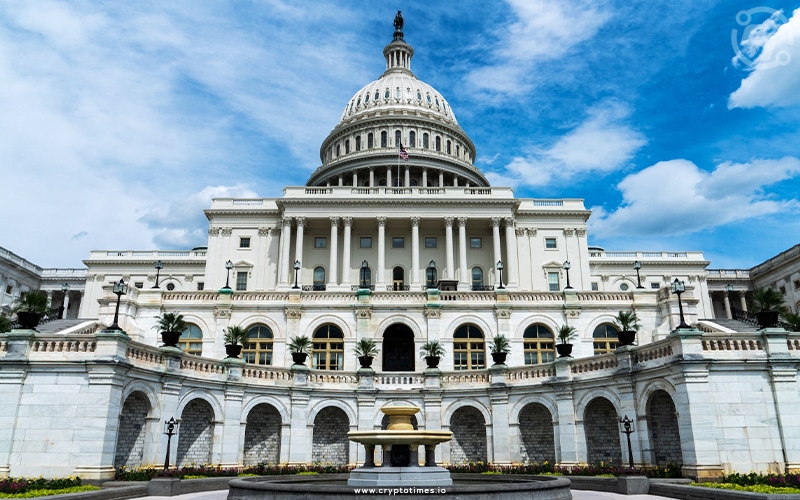A legislative initiative in the U.S. Senate is aimed at convincing banks to move into the stablecoin market, as per the rating agency S&P Global.
The Payment Stablecoin Act, billed on April 17, could have the effect of bankers issuing stablecoins backed by the U.S. dollar. This move can likely be a stumbling block for non-U.S. companies, such as Tether, which is famous for issuing stablecoins.
According to S&P, stablecoins are at the center of the financial market, with BUIDL fund, which is managed by BlackRock, being a great example of the efficiency of stablecoins in the tokenization of assets.
The proposed law is that non-bank stablecoin firms should not have more than a $10 billion issuance limit, that algorithmic stablecoins without backing must be banned, and the issuers should have equivalent reserves.
If the bill is adopted, banks could benefit by having a competitive edge through the issuance limitations of non-bank firms. This could be bad for Tether, a $110 billion market cap payment stablecoin, since it has not been approved by the US.
Senator Kirsten Gillibrand emphasizes the necessity of regulating stable coins to preserve the dollar’s dominance and assist in the fight against illegal finance.
Nonetheless, the advocacy group Coin Center is also against the bill, they disagree with the banning of algorithmic stablecoins as it would violate free speech rights.
The bill plays a role in the regulation of stablecoin markets, and its possible consequences for Tether are to be monitored in the process of the next regulatory developments.
Also Read: Coin Center Opposes Proposed Stablecoin Bill







